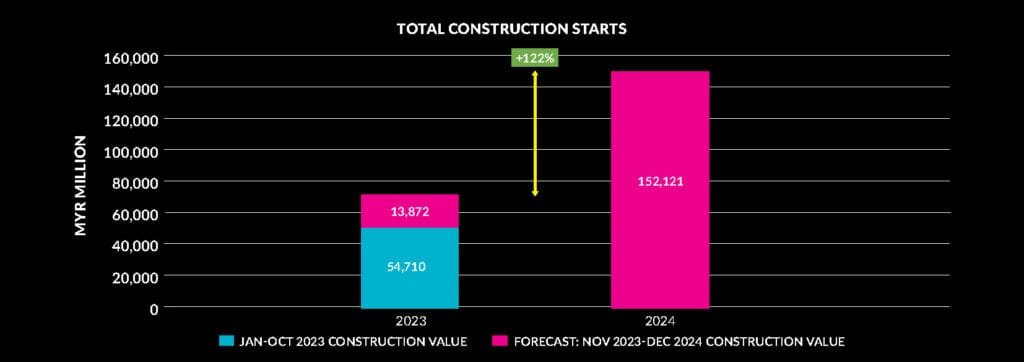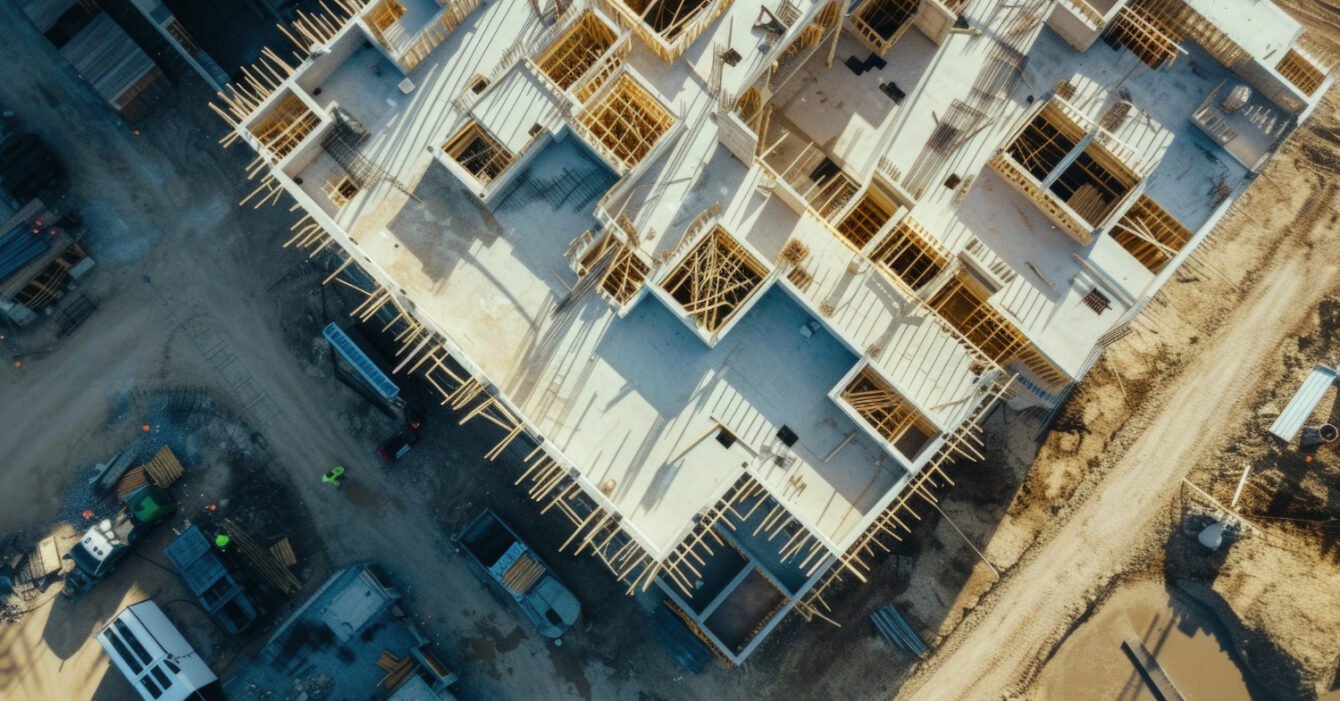Modular construction is gaining momentum in Malaysia, driven by its efficiency, cost savings, and positive environmental impact. The Malaysian government and key stakeholders in the construction industry are pushing for greater adoption of this modern method. The aim is to to meet the country’s growing housing and urban development needs. So, how can Modular Construction Malaysia help?
Growing Popularity of Modular Construction Malaysia
Malaysia has set ambitious goals to increase modular construction across the country. The Malaysian Investment Development Authority (MIDA) aims to boost modular construction adoption by 30% by 2025. This shift is part of Malaysia’s strategy to address housing shortages and support urban development. The country recognizes that conventional construction methods are slow, costly, and resource-intensive, making modular alternatives an appealing option.
The Industrialized Building System (IBS), which includes modular construction, is also expected to account for 70% of all construction methods by 2030. This is according to the Malaysian Construction Industry Development Board (CIDB). These figures highlight a clear shift towards more modern and efficient construction techniques.
A survey by Frost & Sullivan in 2023 found that 40% of Malaysian developers already prioritize modular construction in their future projects, showing a sharp increase in interest over recent years. This growing awareness of Modular Construction Malaysia is likely to fuel further adoption.
Cost-Effectiveness of Modular Construction

One of the main reasons why modular construction is becoming more popular in Malaysia is its cost-effectiveness. A report by Deloitte in 2021 showed that using modular construction can reduce overall project costs by 20-30% compared to traditional construction. This is largely due to the shorter timelines and lower labor costs that come with modular methods.
Additionally, a study published in the Journal of Building Engineering in 2020 found that modular construction projects in Malaysia could lead to material cost savings of up to 15%. These savings are a result of precision manufacturing, which reduces waste and makes better use of resources. In a country like Malaysia, where urban development and housing shortages require quick and cost-effective solutions, these benefits make modular construction an increasingly attractive option.
Speed of Modular Construction
Another major advantage of Modular Construction Malaysia is speed. Traditional construction methods often face delays due to weather, logistical challenges, and the coordination of different work streams. Modular construction, however, allows for much faster project completion. According to a 2019 McKinsey report, modular construction projects can be completed up to 50% faster than traditional methods. This speed is crucial in Malaysia’s fast-growing urban areas, where the need for quick and efficient development is urgent.
In fact, a 2021 case study on a modular residential project in Malaysia revealed that the time required to complete a modular structure was 35% shorter than conventional methods, even in the complex setting of an urban environment. With the ability to build more homes and infrastructure in less time, modular construction offers a practical solution to Malaysia’s housing challenges.
Environmental Benefits of Modular Construction
Modular Construction Malaysia is not just cost-effective and fast; it also offers significant environmental benefits. The World Economic Forum reported in 2020 that modular construction can reduce overall construction waste by up to 90%. This waste reduction is a critical factor in urban centers like Kuala Lumpur, where managing construction waste is becoming an increasing challenge.
In addition to waste reduction, modular construction also helps lower carbon emissions. A 2022 study by the University of Malaya found that modular residential projects in Malaysia produced 20-25% fewer carbon emissions compared to traditional construction methods. This is mainly due to the reduced transportation of materials and more efficient use of resources. As Malaysia strives to meet its environmental goals and reduce its carbon footprint, modular construction offers a sustainable solution for future development.
Modular construction is quickly gaining traction in Malaysia, offering a combination of cost savings, speed, and environmental benefits. With government initiatives aiming for a 30% increase in modular adoption by 2025 and growing interest among developers, the future of Malaysia’s construction industry looks set to embrace this modern method. By reducing costs by up to 30%, speeding up project timelines by 50%, and significantly lowering waste and emissions, Modular Construction Malaysia presents a powerful tool for addressing Malaysia’s housing and urban development needs.

